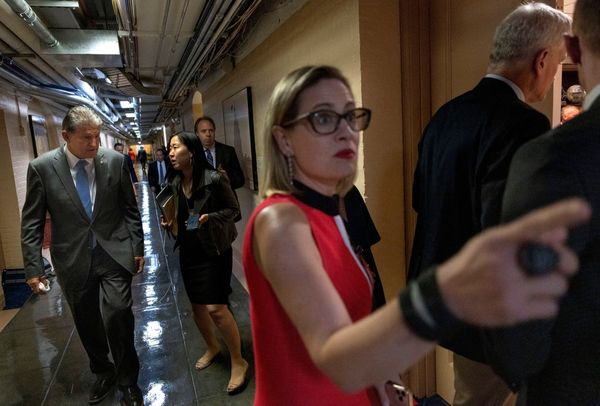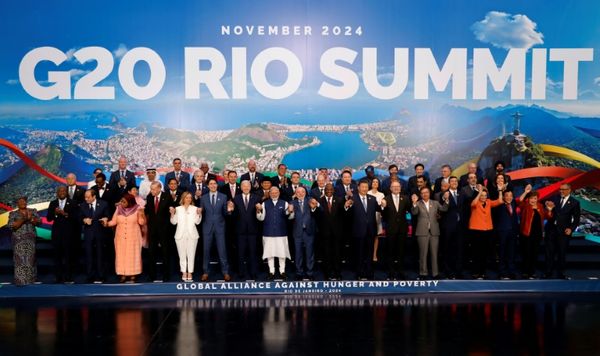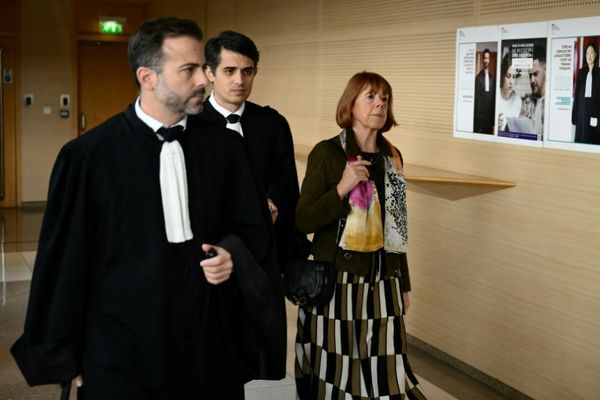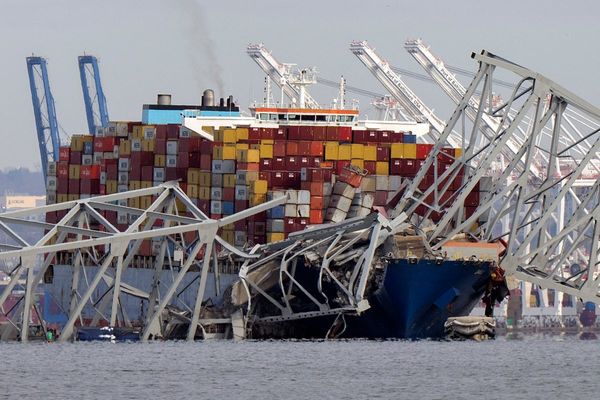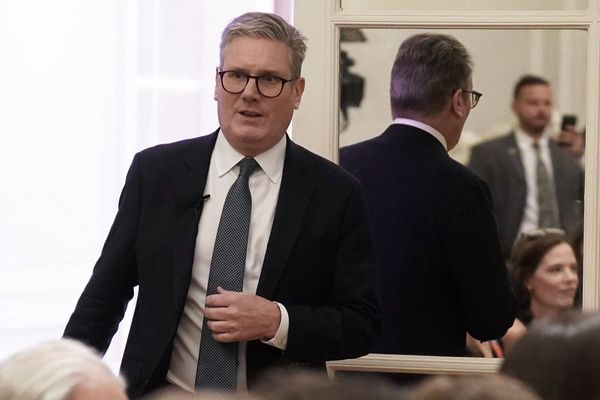
Sometimes, during or after a big sporting event, journalists are asked to write a diary-esque piece about their experiences covering said event in whichever country it is being held. It feels like a funny thing to do, to inject yourself into the story when you spend most of your working life deliberately staying out of it. Should you detail your own experiences while visiting and working in that place, or reflect on the actual environment on the ground? In the case of this World Cup, the two options feel discordant.
The reason for the cognitive dissonance is that I had an enjoyable time in Qatar. I felt welcome and looked after, and the tournament was well run. I did not see anything that horrified me. And that, in itself, feels deeply uncomfortable. After 12 years of negative press, there is a new narrative emerging from some visitors to the Gulf state. They are saying it’s not that bad after all. They have seen it with their own eyes now and can confirm it.
This perspective fails to acknowledge the things we do not see. As guests, travelling media are the audience to this production. We are shown the most flattering bits, during a specific period of time when Qatar knew it would be showing itself to the world. On occasion, over the course of my three weeks covering the tournament, I fell into the trap, taking some of what I observed at face value instead of consciously analysing it. I witnessed jovial cross-cultural interactions between Qatari men and touring westerners. I bantered with migrant workers who appeared outwardly happy and grateful to be earning a wage for their families back home. These things may be just as they seem. More often than not, though, there is grey between the black and white. I could reel off facts here about labour exploitation and other human rights abuses. But it was mainly a feeling.
This is a World Cup like no other. For the last 12 years the Guardian has been reporting on the issues surrounding Qatar 2022, from corruption and human rights abuses to the treatment of migrant workers and discriminatory laws. The best of our journalism is gathered on our dedicated Qatar: Beyond the Football home page for those who want to go deeper into the issues beyond the pitch.
Guardian reporting goes far beyond what happens on the pitch. Support our investigative journalism today.
I felt it each time a worker – sometimes two – opened a door for me every time I entered a room, and then left it, and then entered again. Each time there was a subservient smile and a “welcome, madam”. And each time I felt a grotesque pang of privilege, as if I was somehow a higher class to be tended to. You can try to bridge the gap all you like, by chatting and joking and humanising the person who has just served you something from a fridge you could have opened yourself. Truthfully, though, that process only helps you – the workers themselves will still be there, standing sentry at their station like servants inside a mansion of disproportionate wealth. Qatar is by no means the only country with a poor track record in this space but, as I am writing about Qatar, I will stick to Qatar.
Something I did observe was a general wariness of migrant workers around local police. The police presence in Doha is exhaustive and the pecking order apparent, especially on the roads. One Uber driver taking me to an area near a stadium littered with road blockages was reluctant to venture anywhere near the checkpoints because the police are “crazy”.
On another occasion, while in transit with a colleague, our driver briefly pulled over to clarify our directions. An officer approached and demanded the driver’s licence, which he handed over, before being directed to drop us off and return. It felt tense. I asked in English what was happening; the officer said the driver was not allowed on this part of the road. We requested that the licence be returned and eventually it was. It is difficult not to conclude that there would have been some consequence had two western journalists not been present.
The insidious nature of all of this is clear in the way we hardly even noticed it, especially once the tournament began. The pre-tournament stream of news and commentary about what was happening off the pitch slowed as journalists shifted their focus to the football. I was guilty of this, too. The workload at these events can be all-encompassing, and the group stage was gripping – from the casual brilliance of Kylian Mbappé and Lionel Messi to the rise of Asian and African nations. The Socceroos were, of course, compelling, and I had a front-row seat and regular access to the team. In that sense, I felt simultaneously closer to the action than most Australians and also further away, given the low number of travelling fans and the wild celebrations back home.
I also felt incredibly safe. In saying that, I do not have insight into what it is like on the ground as a member of the LGBTQ+ community. I do have insight into being a woman, and was advised by the Australian Department of Foreign Affairs and Trade that if I was sexually assaulted I should not report it to the police – but to the Australian embassy instead – because I could be prosecuted for engaging in what the state deemed to be extramarital sex.
As ever, the atmosphere outside the World Cup bubble is different. People are doing more normal things. Some are obscenely rich, many more are very poor. Some say they are happy, others not. There are hardly any Qatari citizens. Some of those Qatari citizens drink alcohol at international hotels; they are always groups of men. And this is where it is difficult to draw conclusions as a foreigner. I do not speak local languages and was not there nearly long enough to form a concrete understanding of the country’s societal intricacies. I also have no certainty that migrant workers would feel comfortable telling westerners the nitty gritty of their experiences. I can only come away with my own: one that was comfortable to the point of feeling uncomfortable.
